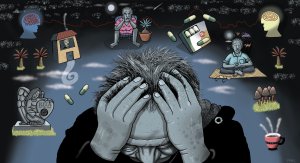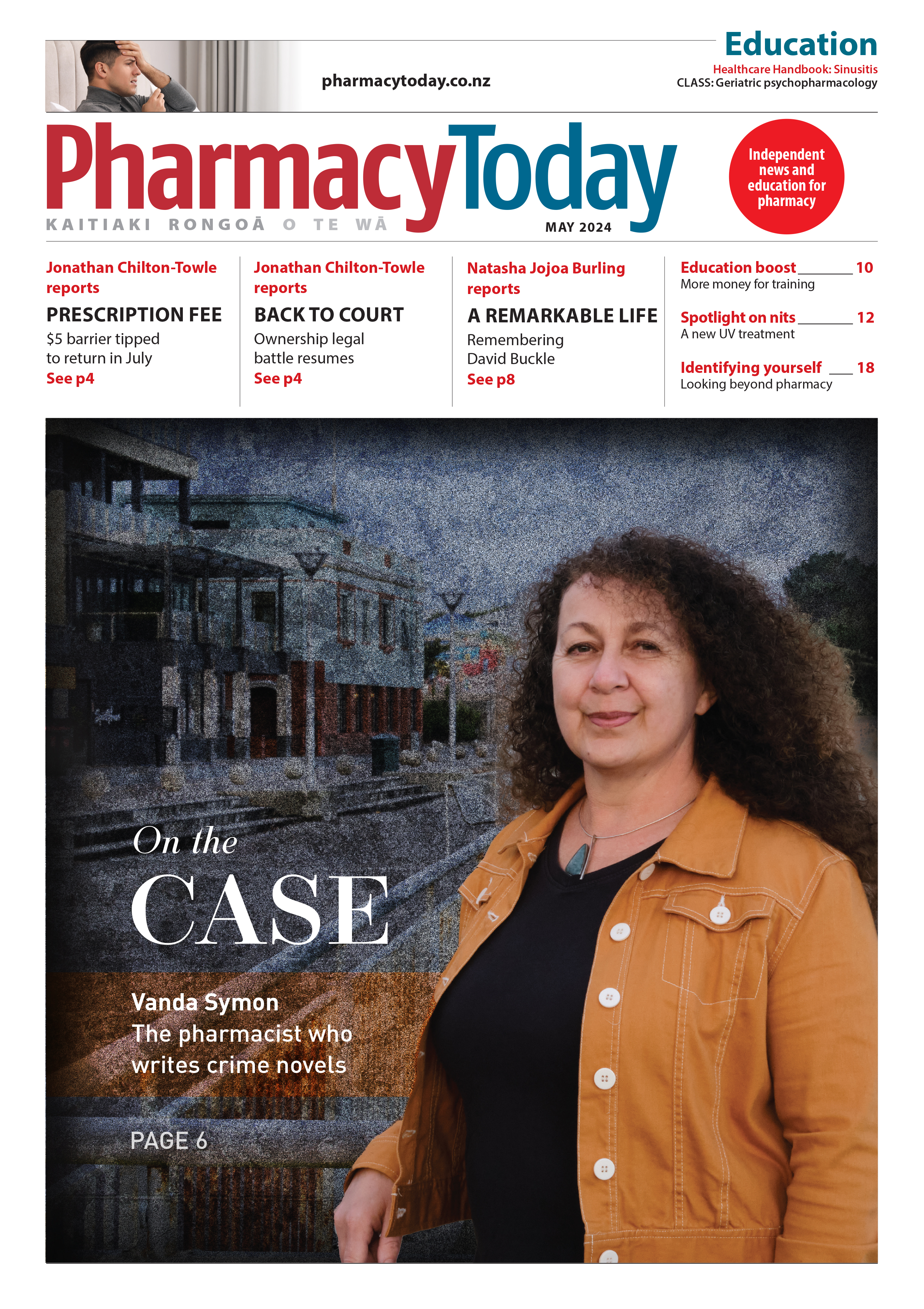This article, written by Sidhesh Phaldessai, provides an overview of geriatric psychopharmacology, including the epidemiology of mental health disorders in the older population, the physiological changes that occur with ageing and their impact on pharmacokinetics and pharmacodynamics, and the use of psychotropic medications in older adults
Māori-centred approach to mental health care highlights role of whānau
Māori-centred approach to mental health care highlights role of whānau
Researchers have developed a “groundbreaking” health model to ensure the cultural differences and needs of Māori mental health patients will finally be taken into consideration.
The collaboration between Te Whatu Ora Southern, Auckland University of Technology, University of Waikato, and the University of Otago, and funded by the Oakley Foundation, has taken a Māori-centred approach to creating a culturally relevant way for patients to state their preferences about their future mental health care.
Psychiatric advance directives (PADs) are used to increase mental health patients’ autonomy and engagement in care to ensure the treatment provided is aligned with their preferences.
Co-author Professor Paul Glue, Otago’s Hazel Buckland Chair in Psychological Medicine, says the impact cultural background has on what people want from a PAD, and how it should be completed, differs greatly between Māori and Pākeha.
“While Pākeha emphasise the individual over the collective, the opposite is true for Māori – the most important factor for Māori patients was the inclusion of family and friends in decision making around PAD creation and use, which goes against current mental health legislation,” he says.
“Surprisingly, virtually no-one has studied cultural factors of mental health assessments, clinically or academically, which is particularly concerning given how Māori are known to disproportionately experience coercive mental health care, suffer inequity in decision making about responses to their mental distress, and have limited opportunities to seek mental health support that incorporates Māori knowledge and values.”
Based on input from Māori mental health clinicians, service users and their families, the researchers created a culturally specific, tikanga-informed, conceptual model – Pou Herenga – which they hope to soon pilot.
Lead author Johnnie Potiki (Kai Tahu, Kati Mamoe, Waitaha), Te Whatu Ora Southern Consumer Advisor-Kaitohutohu Kaihoko, explains Pou Herenga refers to a ‘mooring place’.
“Unlike a PAD, which identifies actions to take, highlighting movement and a journey, Pou Herenga focuses on the importance of stopping and reassessing all aspects of one’s life journey.
“Centring, or finding calm, plays an integral role in the Pou Herenga process. Taking stock of individual and whanau wants and needs is essential to ensure that the time spent at Pou Herenga is healing, productive, and culturally safe,” he says.
Co-author Jessie Lenagh-Glue, Senior Research Fellow in Otago’s Department of Psychological Medicine, describes the research as “groundbreaking”.
“Up until we embarked on this work, there was nothing in the sector that took into consideration cultural differences and needs,” she says.
Mr Potiki says the work is important because it was created with the principles of tino rangatiratanga, partnership, active protection of taonga, and equity, in mind.
“Our Māori kaimahi staff working with tāngata whaiora (people seeking wellness) and whānau can now offer a Māori template to tāngata whaiora and whānau in their journey to wellbeing that prioritises their voice.
“My hope is that the public will appreciate the effort we have made to develop a hauora Māori model of practice that may make a difference for the tāngata whaiora and whānau in their mental health journey.”
Cultural Influences when creating Psychiatric Advance Directives in Māori Mental Health Service Users in New Zealand
Johnnie Potiki, Daniel Tawaroa, Heather Casey, Katey Thom, Anthony O’Brien, Jessie Lenagh-Glue, and Paul Glue
Psychiatric Services
DOI: 10.1176/appi.ps.20220565





